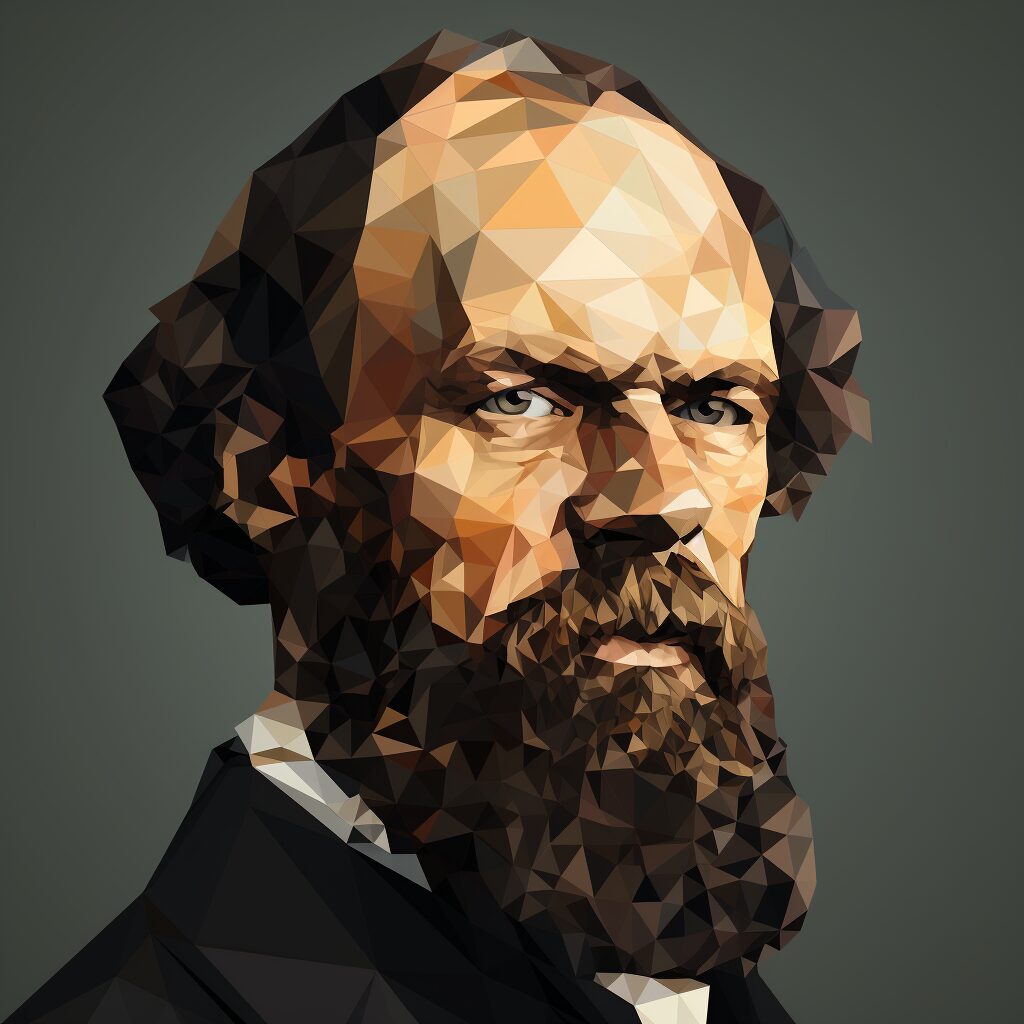This quote underscores the idea that before one can truly share something, they must first have a sense of ownership or possession over it. In other words, you need to fully understand and appreciate what you have before you can genuinely share it with others. This concept extends beyond material possessions, encompassing knowledge, skills, and experiences.
In terms of personal development, this quote suggests that one must first cultivate and nurture their own abilities, knowledge, or resources before they can effectively share these with others. For example, a teacher must first master a subject before they can impart that knowledge to their students. Similarly, one must first develop emotional resilience before they can support others during tough times.
In today’s world, this quote could be applied to various scenarios. In the context of social media, for instance, it implies that one must first establish their own identity and values before they can share meaningful content with their followers. It could also be applied to the business world, suggesting that companies need to develop and understand their products or services before they can market them to customers.
Moreover, this quote could be interpreted as a call for introspection and self-improvement. It encourages individuals to invest time and energy in personal growth, thereby enhancing their capacity to contribute to society. After all, you can’t pour from an empty cup. You need to fill your cup first before you can share with others. This idea is particularly relevant today, as it aligns with the growing emphasis on self-care and personal development in contemporary society.
In conclusion, this quote suggests that a sense of ownership and understanding is a prerequisite for genuine sharing. It emphasizes the importance of personal growth and self-understanding, offering a valuable perspective on how we can best contribute to the world around us.



